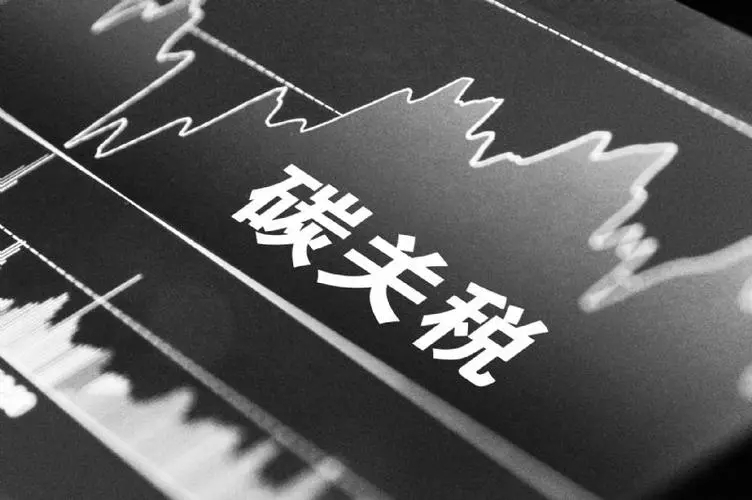"The European Parliament has approved far-reaching climate protection legislation," the German news agency Agence France-Presse (AFP) reported on 18 June, saying that the European Parliament had passed three major climate bills by a majority vote in Strasbourg, France, on the same day: the carbon emissions trading system reform (ETS), the carbon border adjustment mechanism (CBAM, also known as the "carbon The European Parliament voted by a majority on the same day in Strasbourg, France, on three major climate bills: the ETS reform, the CBAM (also known as the carbon tariff) and the SCF (Social Climate Fund), worth up to 86.7 billion euros.
The three regulations voted on by the European Parliament are considered to be at the heart of the European Commission's "Adaptation 55" package to combat climate change in the summer of 2021, which aims to help the EU reduce carbon dioxide emissions by 55% by 2030 compared to 1990 levels and become carbon neutral by 2050, the report said.
This is a good day for climate protection in Europe", said a spokesman for the German Liberal Democratic Party's climate policy, as quoted by DPA. Among the three bills passed, the carbon border adjustment mechanism, which means the world's first "carbon import tax", has attracted much attention. According to the Wall Street Journal, CBAM is part of a comprehensive reform of the EU's carbon market, aimed at reducing emissions, and it applies to products such as steel, cement and aluminium, fertilisers, electricity and hydrogen. In layman's terms, CBAM means that non-EU producers who want to sell goods in the EU in the future will have to pay for their CO2 emissions. The scheme will be phased in between 2026 and 2034.

The implementation of the carbon tariff is very controversial within Europe. According to German newspaper Die Welt 19, CBAM is for some the start of environmentally friendly trade, but others fear that the EU's latest move could push up the prices of thousands of products. The industry warns that certain products could become more expensive. Cyril Meunier, president of the French aluminium trade union, said, "Carbon tariffs will raise the price of metals consumed in Europe." He predicted that if aluminium prices rise, car prices could also rise, causing problems for consumers.
Some economists fear that the new European measures could lead to a trade war, according to some foreign media reports. As a result, EU Economic Commissioner Paolo Gentiloni has been stressing that the carbon tariff is "an environmental policy tool, not a tariff".
According to the Wall Street Journal, CBAM has already raised concerns in the US, with exporters fearing that the scheme would mean a cumbersome export process. Officials from countries such as India have also criticised it. Analysis by Standard & Poor's Global shows that low- and middle-income countries exporting steel, such as South Africa, Brazil and Turkey, face the highest cost increases under the Carbon Border Adjustment Mechanism.
Lin Boqiang, director of the China Energy Policy Institute at Xiamen University, said in an interview with the Global Times on the 20th that the implementation of the carbon tariff will not only have an impact on the industries directly included in the levy, but the industrial chain associated with it will all have a knock-on effect.

